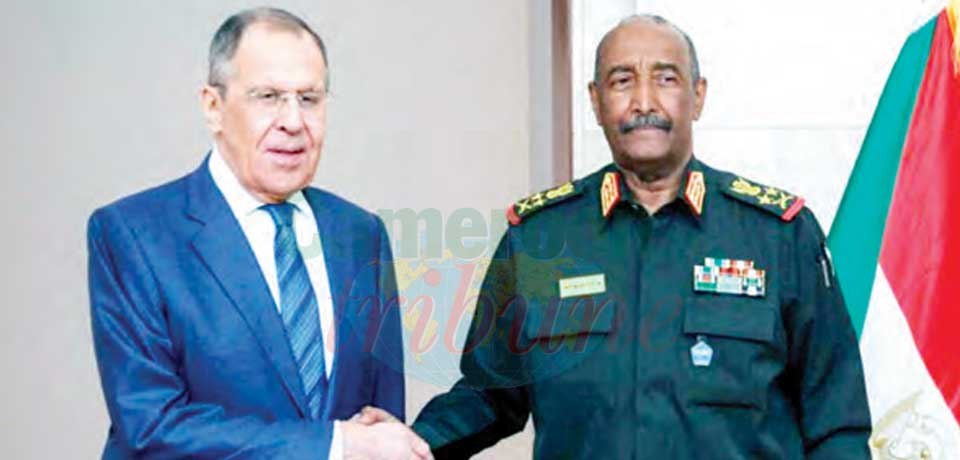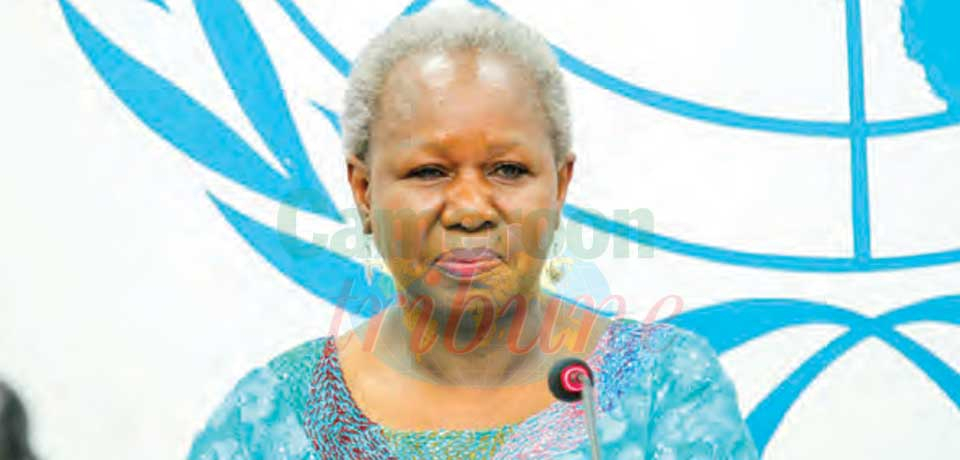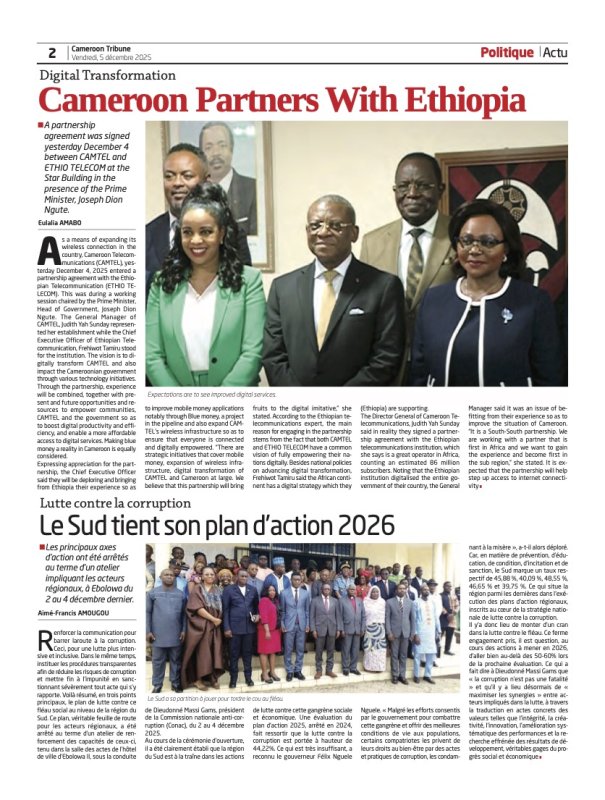Strategic Game Change
- Par LUKONG Pius NYUYLIME
- 21 Oct 2020 12:20
- 0 Likes
The politics of interest implanted in mottled win-win diplomacy has entered another stage between Sudan and the United States of America following the signing last Thursday 15 October, of a memorandum of understanding between the Arab nation and America’s
This move is compounded by the announcement last Monday, 19 October, by U.S President, Donald Trump of his country’s decision to remove Sudan from the U.S list of State sponsors of terrorism “if it follows through on its pledge to pay 335 million dollars to American terror victims and their families.” According to the statement issued at the end of the MoU, General Electric will step up power generation in Sudan by up to 470 megawatts (MW) as the country struggles to emerge from an economic crisis and long economic isolation. Empirically, the local population estimated at 600,000 households will benefit from the installation as General Electric announces even more ambitious plans to explore further power projects as well as health projects including the modernisation of radiology, cardiology and oncology infrastructure and healthcare in rural areas. In effect, all these, once executed, will bring a heavy sigh of relief to the people of Sudan but pundits in diplomatic jigsaw puzzle seem to see this as a mask behind which is a game of international interest.
The question that seeks for an immediate answer is; what is this game all about? The answer is not simply in a monosyllabic word but stretches back to the bickerings that have so far characterized bilateral relations between Sudan and the U.S., a relationship that is inextricably tagged to international terrorism the U.S and its allies, notably Israel blame on the Arab World. Sudan is in political transition after former leader Omar al-Bashir was removed from power in April 2019 following months of protests. In effect, the country was put on the US “Terrorism list” in 1993 because the United States believed Al-Bashir’s government was supporting armed groups. This was followed by international sanctions imposed on Sudan. This incidentally isolated Sudan’s economy from much of the outside world, contributing to an economic crisis that has continued after his ouster. A government of technocrats is trying to steer the country towards elections under a military-led ruling council. This present dispensation appears to have opened floodgates for new negotiation between the country and the U.S.
Cet article complet est réservé aux abonnés
Déjà abonné ? Identifiez-vous >
Accédez en illimité à Cameroon Tribune Digital à partir de 26250 FCFA
Je M'abonne1 minute suffit pour vous abonner à Cameroon Tribune Digital !
- Votre numéro spécial cameroon-tribune en version numérique
- Des encarts
- Des appels d'offres exclusives
- D'avant-première (accès 24h avant la publication)
- Des éditions consultables sur tous supports (smartphone, tablettes, PC)














Commentaires